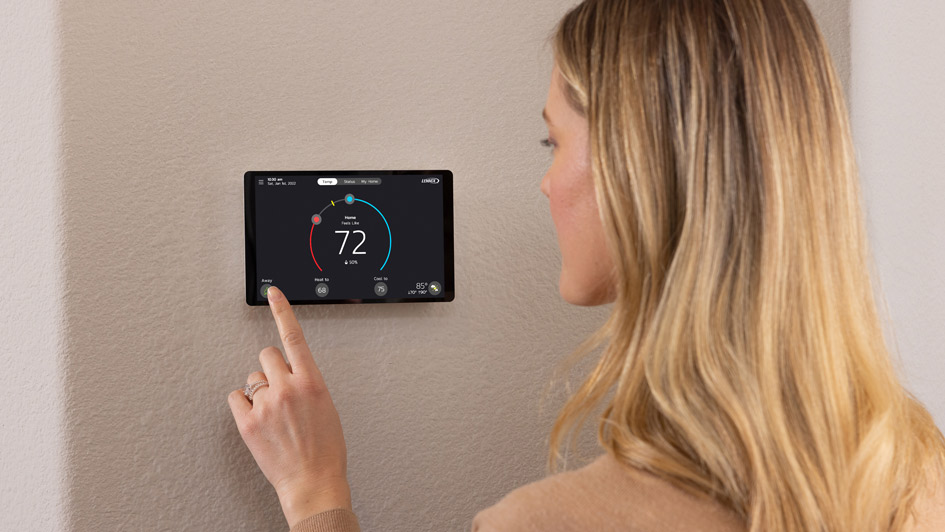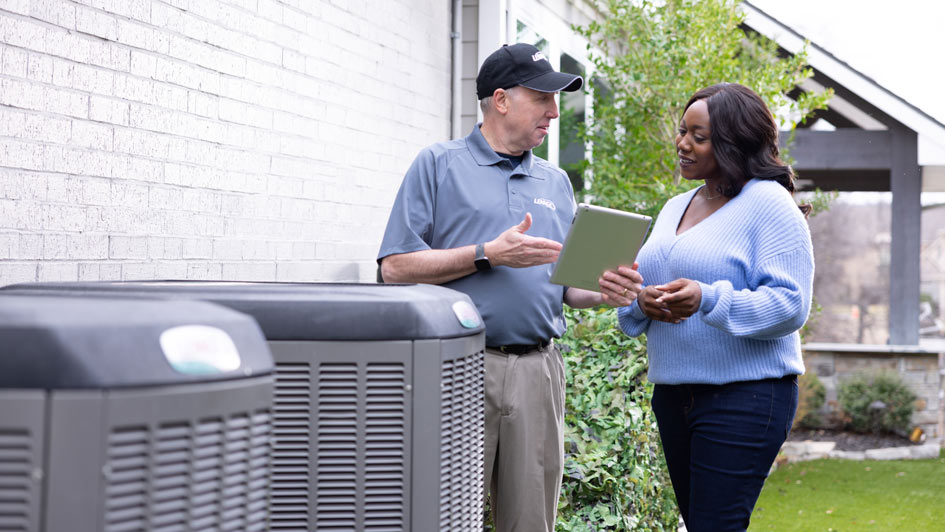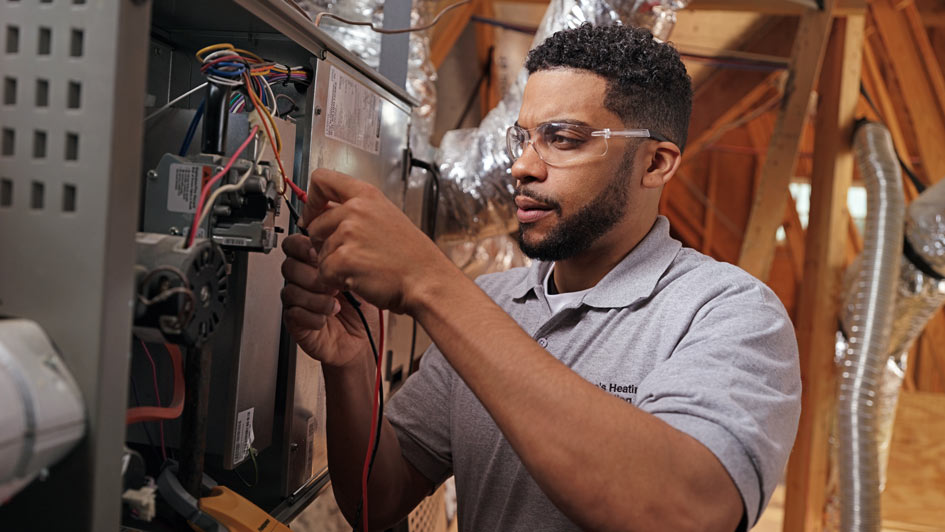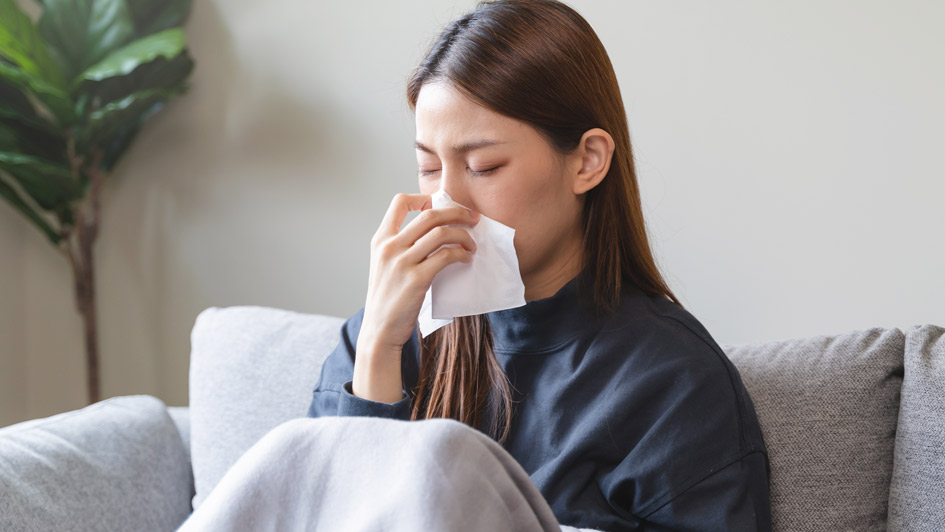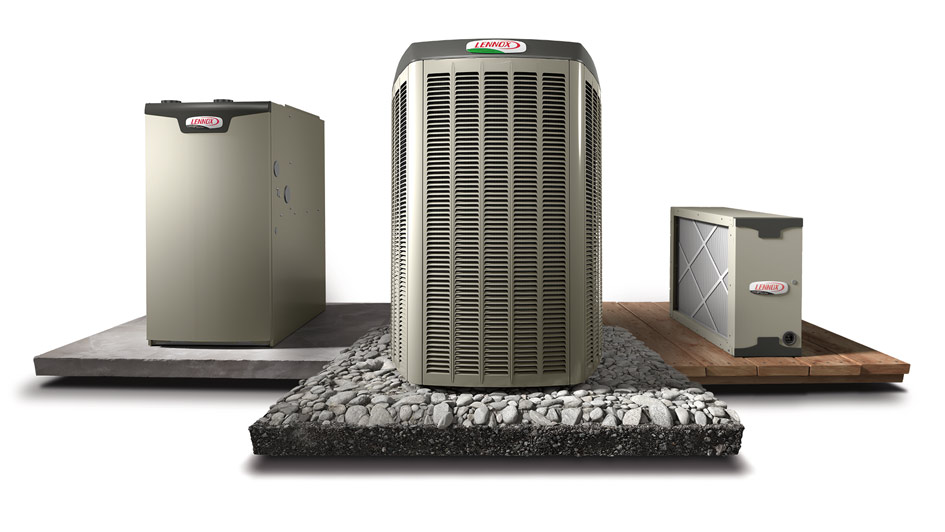Blog
Serving an 11 County Area Including These Cities
About Appalachian Heating
At Appalachian Heating, your home comfort is our biggest concern. That’s why we provide dependable HVAC systems and quality work in Beckley and Mount Hope. Our specialists are educated in a full variety of services, so you can feel confident in your results. They’ll provide the support you are seeking, whether it’s putting in a new HVAC system or working on and maintaining your existing system. We’re available to help with all of your needs, so ring us at 304-707-0600 or contact us online to get an appointment now.
© 2024 Appalachian Heating | All rights reserved

